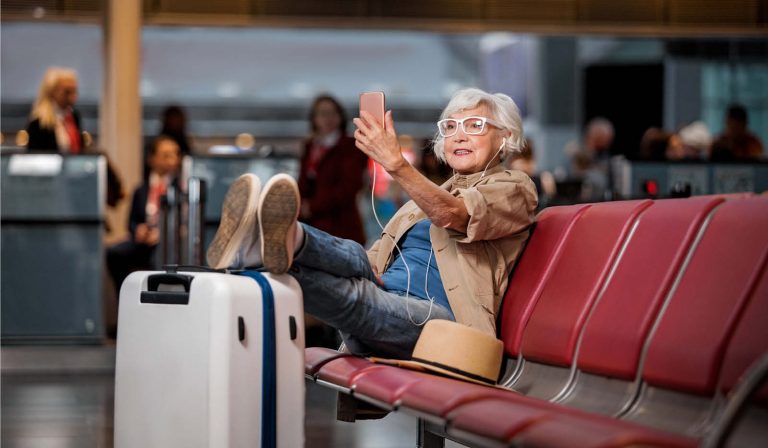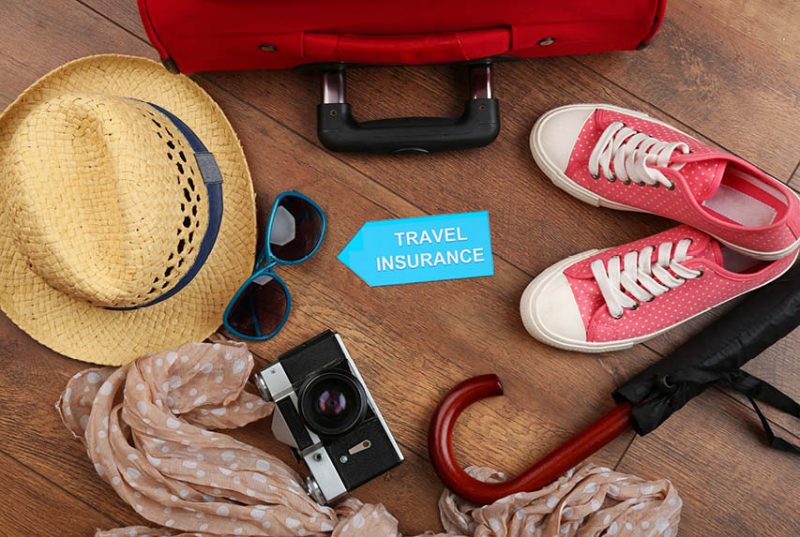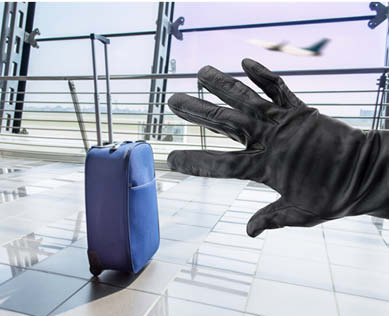There is little sign that Australia’s aging population is winding down, as more and more are spending their golden years living out their travel dreams. Although “60 is the new 50”, international travel won’t actually be the same as it was when you were 20. There are many more health and safety concerns that our seniors need to think about before packing their bags. With the right preparation, travelling as an older person can be a very enjoyable experience.
Do your research
Before leaving the land down under, it’s important to register your travel plans with Smart Traveller. This lets the Australian Government know where you are, in case there is an emergency in the country you’re travelling in. You can also be emailed important information and travel warnings before you leave.
You should also do your own research into your airline’s luggage restrictions and visa requirements of the country you’re travelling to, so that you aren’t stopped at the local airport. Know the local currency and load a travel money card with some Thai baht (for example) so that you can start shopping as soon as you land. Doing a bit of research into the country’s laws and cultural practices will also impress the locals and might give you a more authentic experience! It’s also useful to learn how to say “hello” and “thank you” in the local language before you arrive (and maybe also “where is the toilet?”).
Travel insurance
Taking out an insurance policy before travelling is very important, just in case something does go wrong. Travel insurance policies for seniors are basically the same as other travel insurance policies, but the price is affected by circumstances unique to seniors. The cost will be affected by your age, medical conditions, travel plans and the level of cover you choose. Remember that you must be honest and disclose all medical conditions to your insurer, as some won’t automatically cover all pre-existing conditions.
Make sure you shop around and compare policies from multiple providers. Use your age to get a seniors discount and keep an eye out for multi-policy discounts that may be offered by your existing home insurance provider.
Keep your health in check
Before you jet off overseas, make sure you pay a visit to your doctor to check that you’re in good health and are fit to travel. Your GP can also advise you on vaccinations that you should get before travelling to particular countries and can help sort out your medications (so that you don’t run out). It’s important to pack enough medication for your entire trip, as medications from a foreign country might not work for you. It’s also a good idea to get a doctor’s certificate that lists all the medications that you have on you to avoid custom officials questioning your many packs of pills.
Keep your medication in your carry-on luggage rather than your check-in suitcase, just in case your luggage gets lost. Using a suitcase with wheels and packing lightly can also save your back. When on the plane, take regular walks up and down the aisles to keep the blood flowing and to avoid swelling. But most importantly, take it easy – it’s meant to be a holiday after all and you don’t want to be feeling run down!
Don’t fall victim to crime
Unfortunately, criminals consider older travellers to be easy targets as they are usually weaker and slower. Try to avoid areas with a high crime rate, avoid travelling at night and don’t go anywhere alone (remember, safety in numbers). A foreign country is also not the best place to show off your cash, flashy jewellery and valuable phones and cameras. Leave these sorts of items locked in a safe in your hotel room, or better yet, leave them at home in Australia!
Remember to keep your personal belongings with you at all times. Use a bag that you can keep close to your body and fully zipped up. Putting your cash and phone in a bumbag under your clothes means that you will always have these items, even if you do lose your bag! If you do experience crime overseas, make sure you report it to the police straight away. Your insurance company will need a police report to process your claim when you get back home.
Thinking about these simple things before jumping on the plane can make your overseas holiday all the more enjoyable. Don’t forget to take lots of photos to show the grandkids!







